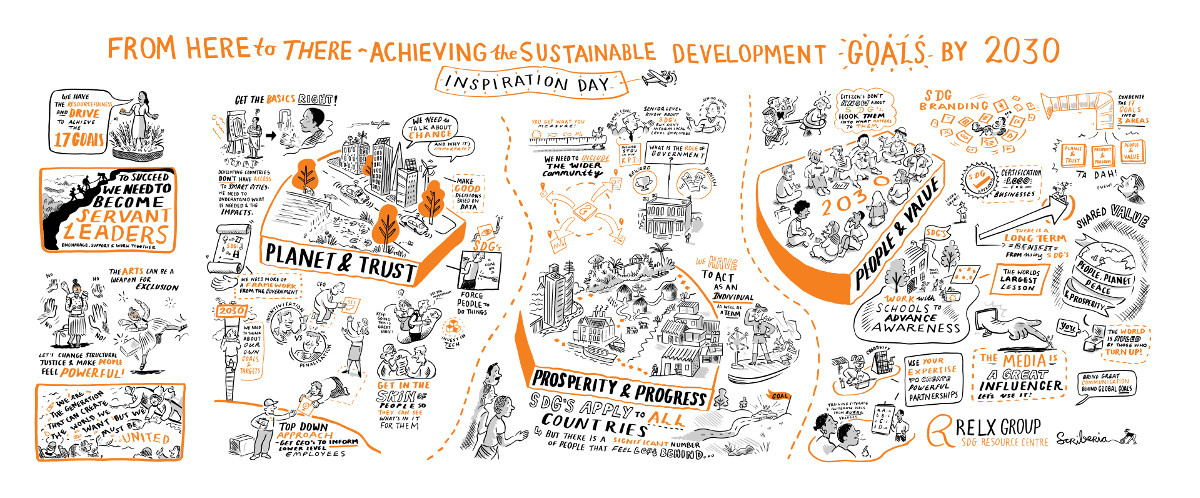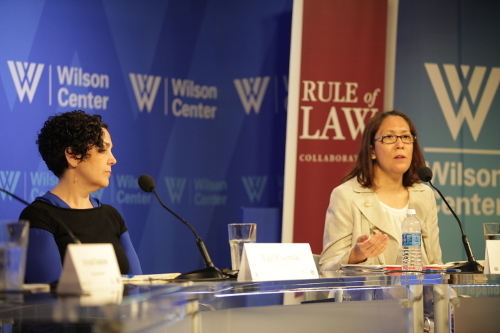Institutional frameworks and international cooperation play a crucial role in driving sustainable development. This concept is tightly interwoven with the United Nations' Sustainable Development Goals (SDGs), a set of 17 interlinked global objectives designed to achieve a better and more sustainable future for all. Instituted in 2015, the SDGs recognize the interconnectedness of social, economic, and environmental sustainability, seeking to promote a holistic approach to global development. An effective institutional framework refers to the rules, practices, and systems which facilitate interactions between individuals, organizations, and governments, shaping the course and outcomes of sustainable development initiatives.
For instance, SDG 17, explicitly titled 'Partnerships for the Goals', underscores the necessity of revitalizing global partnerships to harness resources and knowledge necessary for achieving the SDGs. It calls for enhanced North-South, South-South, and triangular regional and international cooperation on science, technology, and innovation, highlighting the role of multilateral institutions in fostering a global collaborative spirit. A well-structured institutional framework helps operationalize this cooperation, providing a platform for dialogue, negotiation, and shared responsibility.
Moreover, institutional frameworks play a crucial role in managing trade-offs and conflicts between different SDGs. For instance, the push for economic development (SDG 8) could potentially conflict with responsible consumption and production (SDG 12) or climate action (SDG 13). A robust institutional framework allows for the negotiation of these conflicts, ensuring that progress in one area does not undermine another.
Furthermore, international cooperation in sharing data, best practices, and experiences is vital in achieving the SDGs. The effectiveness of such sharing depends largely on the strength and adaptability of institutional frameworks. For example, institutions like the World Bank, International Monetary Fund, and United Nations Environment Programme offer platforms for international cooperation and knowledge sharing. They also provide technical and financial support to countries, particularly developing ones, enabling them to implement the SDGs effectively.
Partner content
United Nations University, New York, October 2017.
Developing-developed world partnerships potentially present win-win opportunities for addressing climate-active gas emissions at lower cost whilst propelling developing nations on a lower-carbon trajectory, as carbon emissions, capture and storage are geographically independent. Expanded PES (payment for ecosystem service) principles provides a framework for assessing the transparency and efficacy of partnerships, tested on the model developed by The Converging World (TCW).


